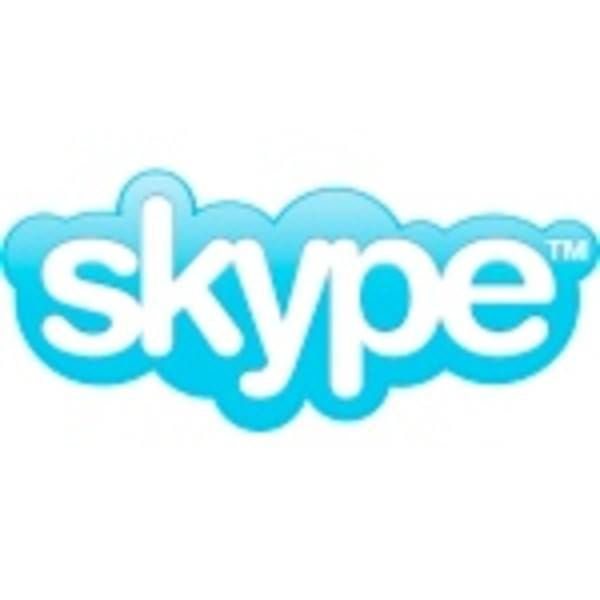In a shocking late-night turn of events it was revealed Monday that Microsoft has acquired Skype for more than $8 billion. (Confirmed by Microsoft this morning here.) It’s a bold move that raises a lot of issues. ReadWriteWeb’s Founding Editor Richard MacManus argued that the companies together could make big waves in two key parts of the future: mobile and the connected home. Richard’s thoughts about Skype plus Kinect are particularly intriguing.

I want to address the news from a different perspective. For me, as for many others I believe, the acquisition raises a number of fears as well as some hopes.
Fears
Neglect of the product is a widespread concern among Skype-lovers. The Skype product development cycle hasn’t been fabulous but it’s been generally acceptable and forward-leaning. Whenever a company is acquired there is reason to be concerned that its engineers will be moved to other departments, that its technology will be redeployed in service of other products and initiatives or that the managers in the acquiring company who championed the deal will lose power over which of the many projects in a sprawling company like Microsoft deserve the most support.
Hotmail is an interesting example to consider. Acquired in 1997 for $400 million, that service can be understood in one of two ways, depending on how you look at it: either as a still-evolving world-leading trail-blazing webmail product (it still has far more users than Twitter) or a lackluster shadow of the awesome service Google’s competing Gmail has become. Will Skype in 14 years look like Hotmail does today? That’s impossible to predict but I’d guess that Microsoft hopes not.
Neglect of the Mac version has always been an issue – Skype for Mac has been several versions behind the Windows version for years and lagged in features such as multi-person video calling. It’s hard to imagine that changing much now!
Malware is already an issue for Skype and of course it’s a well known part of the Microsoft landscape. Maybe I’m just being a silly Apple user to raise this concern but it certainly comes to mind. Of course, the most recent security vulnerability reported for Skype was a (largely harmless) issue with its Mac client.
Hopes
I probably have bigger, more active hopes for this acquisition than I do fears.
With 660 million+ registered users and more than 100 million average monthly users, Skype is bigger than Twitter.
Disruption of the telephony landscape
is something people have been waiting for years to see from consumer VOIP services, especially Skype. The service has no doubt upturned the international fixed line economy, but how about shaking things up with mobile carriers? It would be great to see Microsoft, Google and Facebook all make strong mobile VOIP plays and take some power away from the big carriers of the world. Heck, more competition could even make the carriers change their ways and earn some love from their customers, instead of simply holding us all hostage. Who couldn’t use more love?
As one of the world’s biggest social networks Skype really ought to be a platform for social-graph based products, services and features. Everyone says that our real social network can be found in our phone address book but Skype has got to be a strong contender as well. The company has done almost nothing with that potential independently. You know Facebook would have if its (probably hopeless) attempt to buy Skype had succeeded. It seems likely that Microsoft will try to innovate on this potential. With 660 million+ registered users and more than 100 million average monthly users, Skype is bigger than Twitter. It may not be public in the same way, but there’s got to be some social networking magic that a company desperate to get into social could work there.
Skype as a developer platform has never been supported or advanced as well as it ought to have been. Internally at ReadWriteWeb, we develop on top of Skype extensively. Social graph and address books, presence, file sharing, Instant Messaging, mobile – what more could a developer ask for? So much potential, so little development. Who could better open all that up than Microsoft?
Time will tell, but hopefully this will be great news for Skype and its users.

















